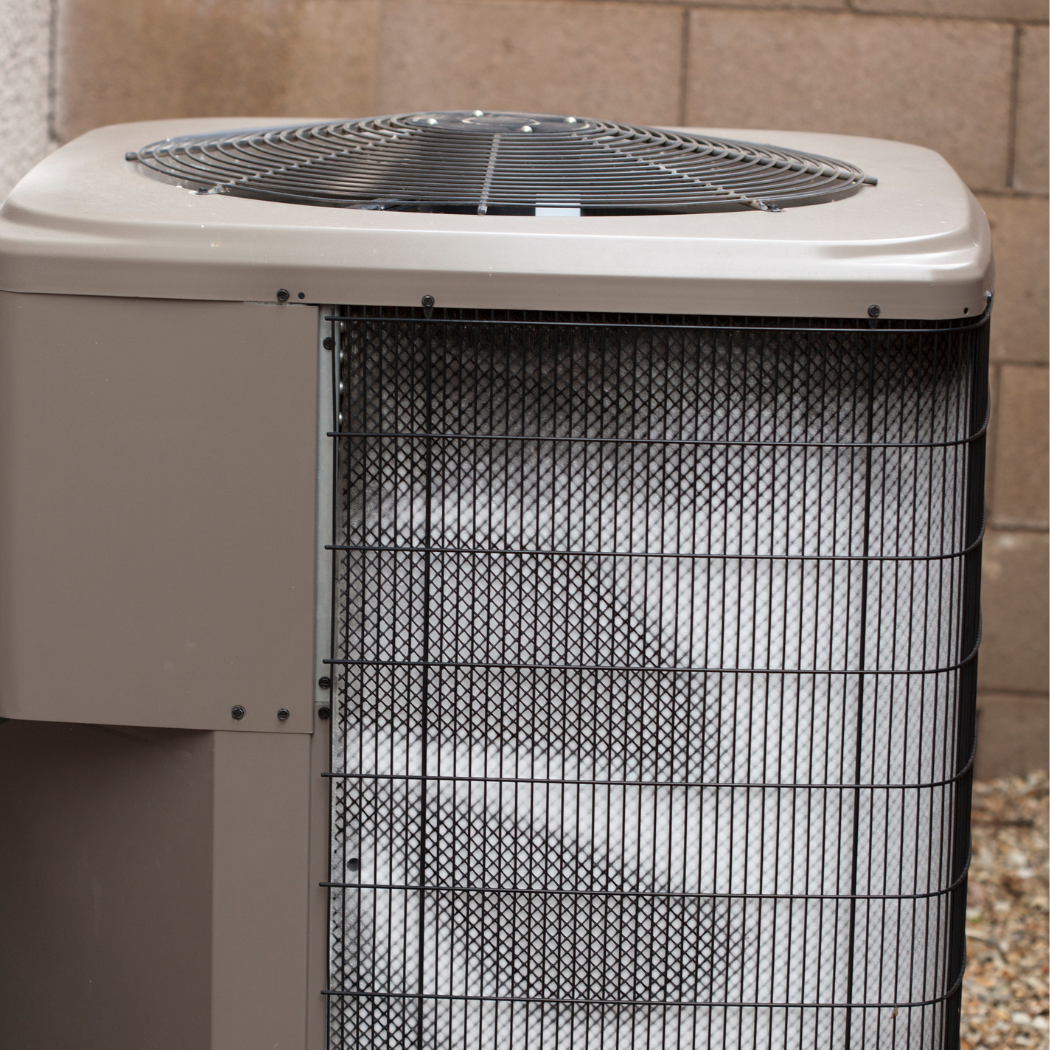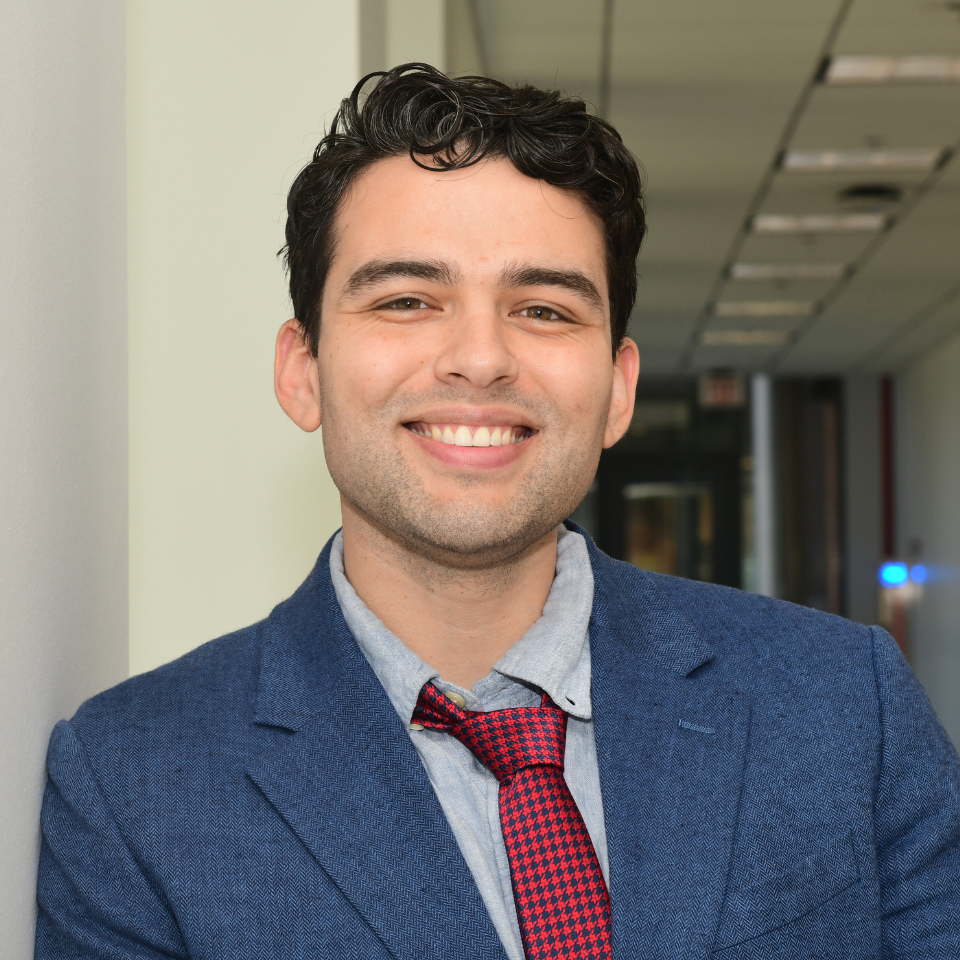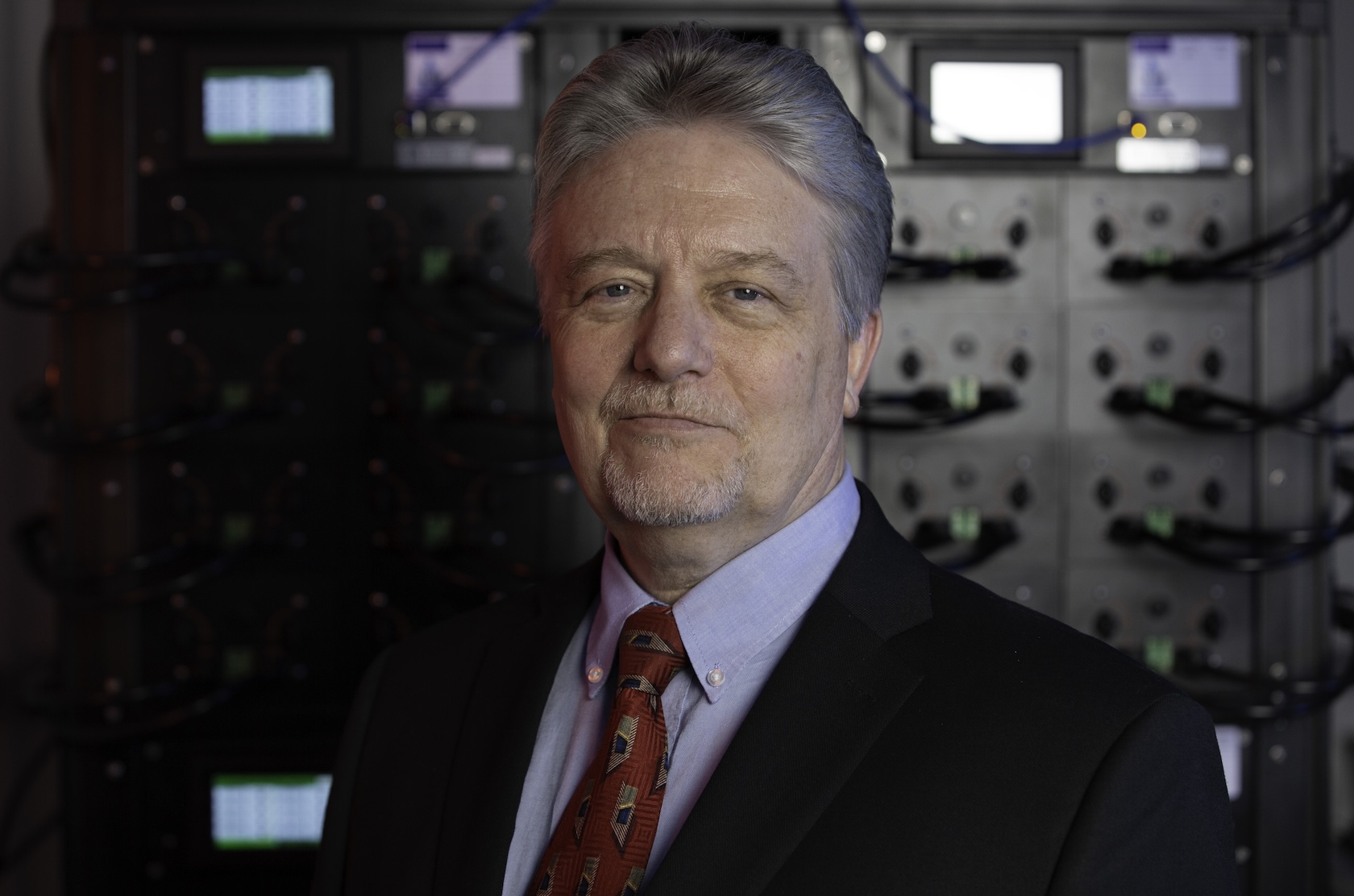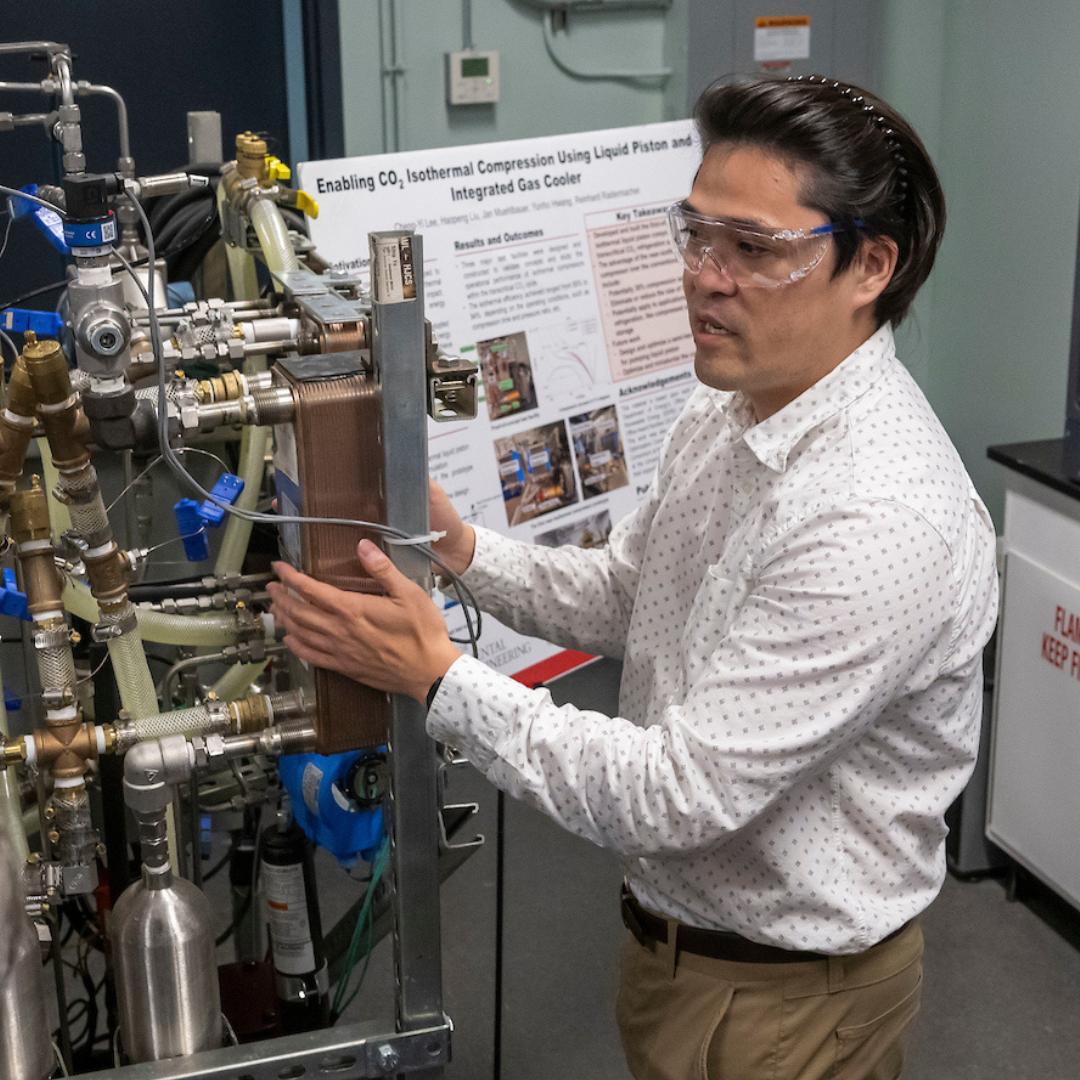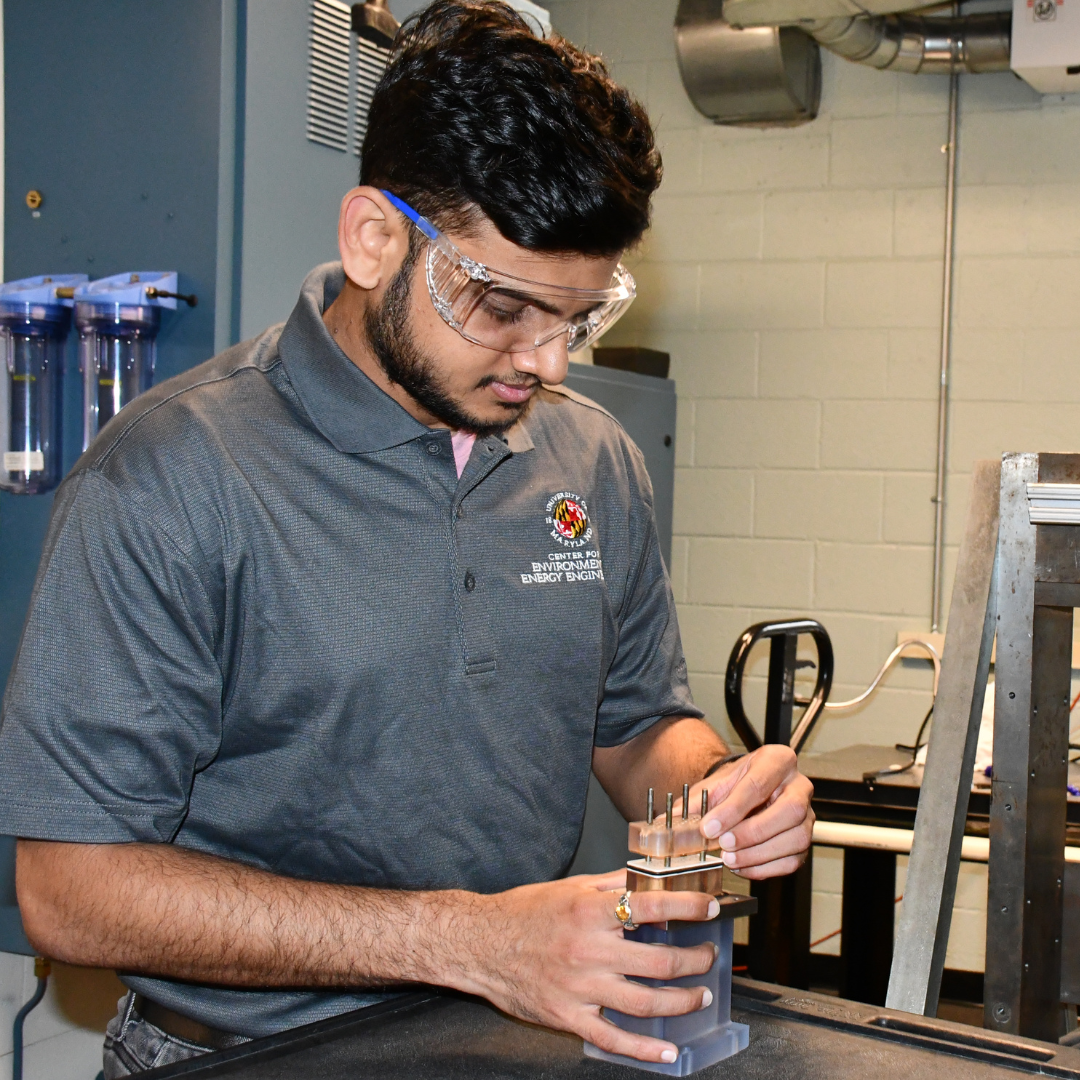News Story
Hwang Led the HVAC Team for UMD's 1st Place Solar Decathlon Entry

Center for Environmental Energy Engineering sponsor, LG Electronics, donated components for the reACT house HVAC system.
Dr. Hwang was a faculty advisor for UMD’s 2017 Solar Decathlon team and oversaw their HVAC systems contributions to the UMD entry, resilient Adaptive Climate Technology (reACT), into the annual U.S. Department of Energy's Competition that challenges collegiate teams from around the world to design and build energy-efficient, solar-powered houses. reACT placed first among U.S. teams and second in the world.
Dr. Hwang not only created two courses to support the reACT project, but also with supervising students constructing HVAC systems for the project. The design included variable refrigerant flow (VRF) heat pumps to maintain a comfortable temperature in the house and is extremely energy efficient. He encouraged the team to integrate a ‘greencourt’, which is a unique combination of greenhouse and courtyard to collect thermal energy to further enhance the performance of the HVAC system.
Many long nights and weekends
"As one of the student leaders of the team, I benefited tremendously from his extensive expertise in the field as he guided the team in selection of various equipment for addressing health and comfort, energy and appliances. He introduced the idea of including the innovative Variable Refrigerant Flow (VRF)-type heat pumps to maintain suitable room temperature in the house at a very high energy efficiency,” PhD student and team member, Rohit Dhumane said. “He came up with an idea of integrating the innovative ‘greencourt’ (an adaptive combination of greenhouse and courtyard, which is a flagship feature) of the house for collecting thermal energy to further enhance the performance of the HVAC system."
UMD’s winning team includes students from the A. James Clark School of Engineering, School of Architecture, Planning and Preservation, College of Agriculture and Natural Resources, College of Education, and programs in several other disciplines campus-wide. UMD brought home $225,000 in award money this year— the first time a cash prize has been given for the competition.
The project took two years to complete, with the process spanning from concept drawings to construction of a physical house. It seeks to improve sustainability in four ways and includes a hydroponic garden, “living walls” within its courtyard, modular living elements, predictive automation, and design elements that simplify future upgrades to the house.
They competed against nine other collegiate teams from all over the world in Denver, Colorado, where they took 1st place out of U.S. teams, and 2nd overall. UMD has placed in the top two each time it has competed in this international competition in the last 10 years (2007, 2011, 2017), with a first place win for its WaterShed house in 2011.
Related Articles
UMD Solar Decathlon Team Takes 1st Place in the U.S., 2nd Place in the World
Published November 30, 2017



